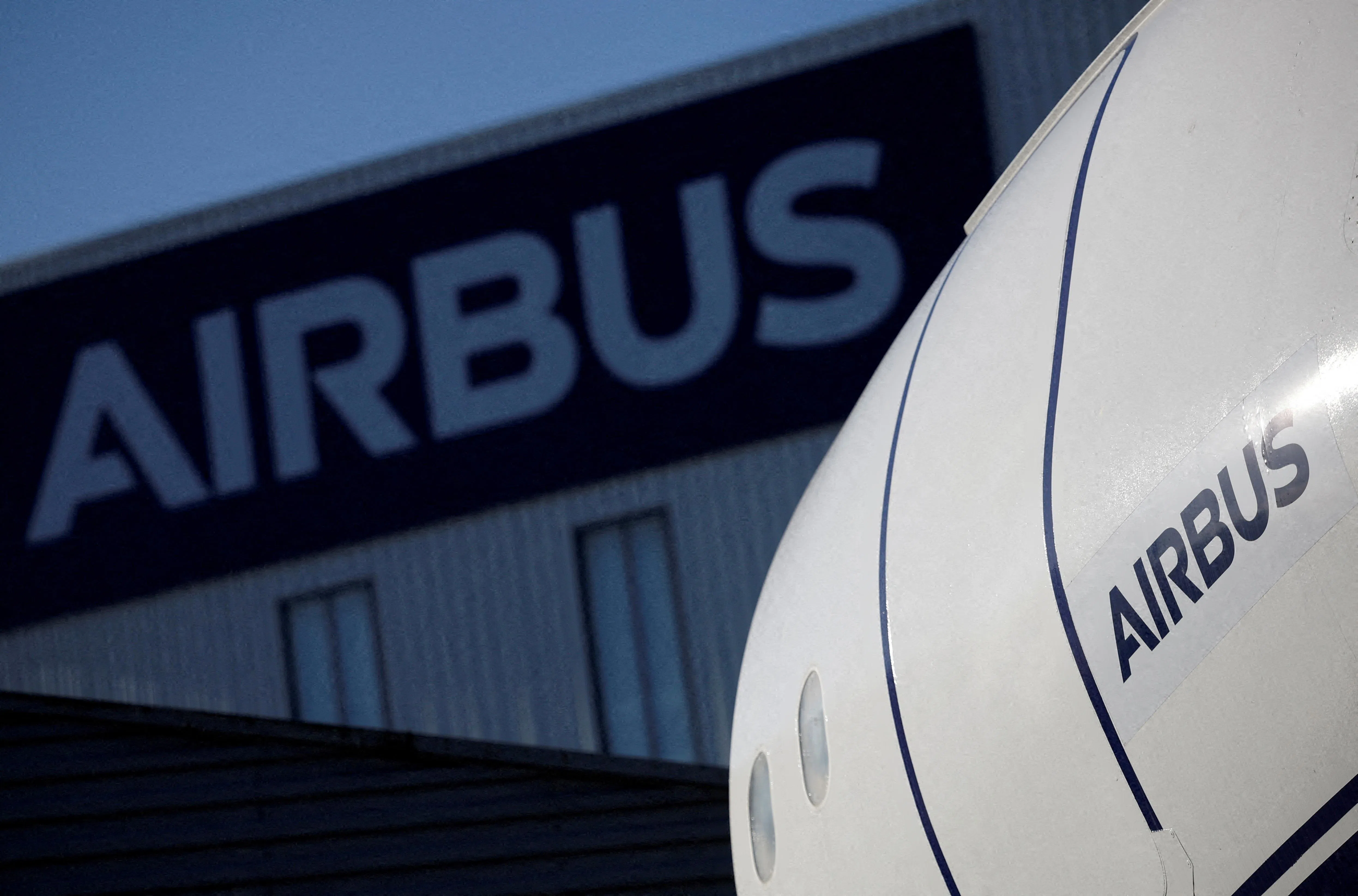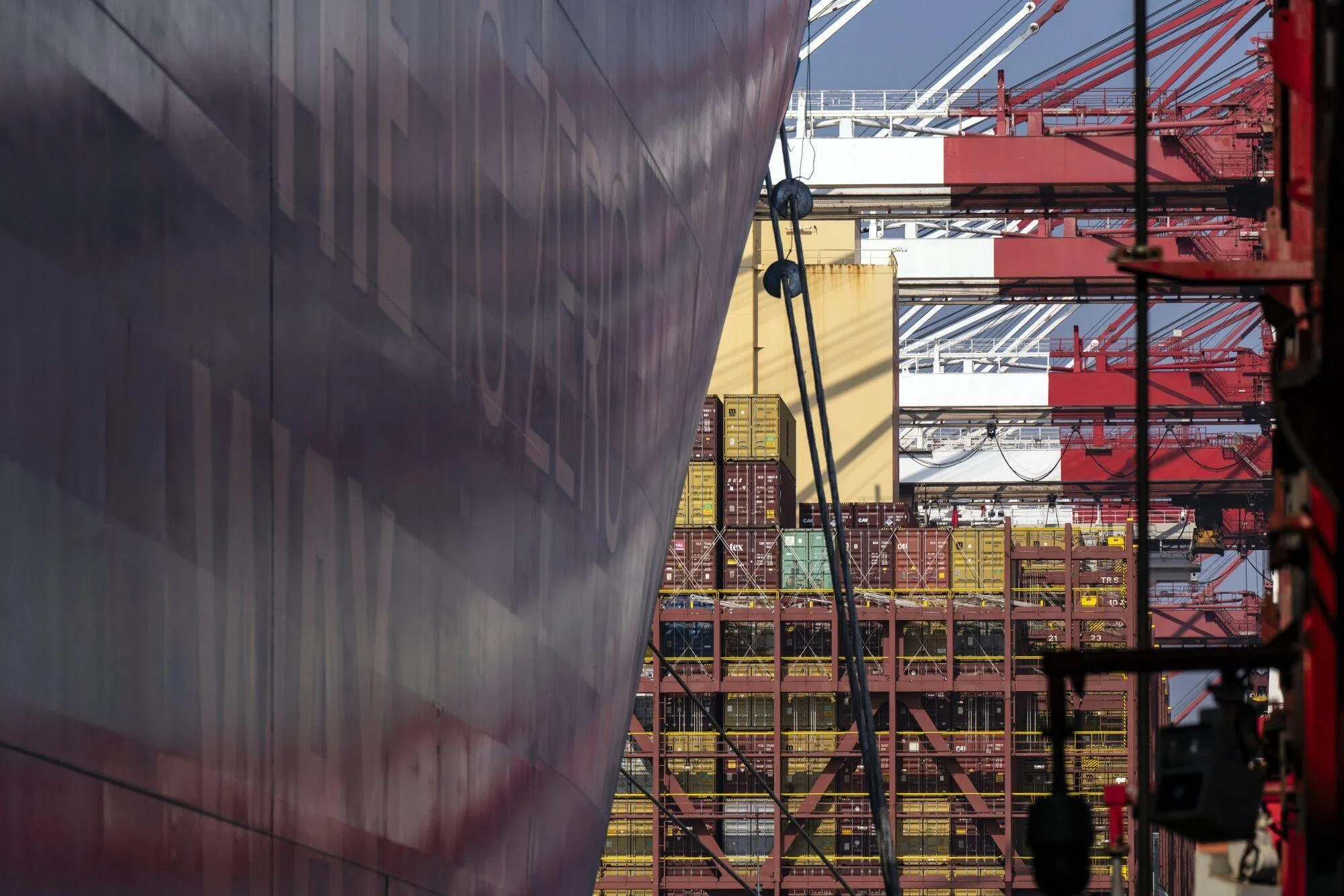AIRBUS struck a cautious note for this year, with an aircraft delivery target that’s at the low end of analysts’ estimates while trade tensions and an ailing space business also cloud its outlook.
The European planemaker is targeting about 820 handovers for 2025, it said on Thursday (Feb 20) as Airbus reported annual results. That was a 7 per cent increase from 2024, though below the 839 estimated by analysts and well shy of the company’s peak in 2019. Getting its A350 freighter model to market will also take an additional year, the company said.
The aircraft manufacturer continues to be held back by supplier woes that extend back to the Covid-19 pandemic. That’s made it harder for Airbus to press its advantage as airline customers clamor for new, more fuel-efficient planes and rival Boeing continues to work through years of crisis.
Adjusted earnings before interest and taxes will be around 7 billion euros (S$9.8 billion) in 2025, while free cash flow before customer financing is expected to be in the range of 4.5 billion euros – little changed from 2024’s result, Airbus said. Any financial forecasts do not take into account the potential for tariffs as US President Donald Trump presses his America First agenda.
The cash target reflects the impact of several hundred million euros tied to the integration of work from struggling supplier Spirit Aerosystems Holdings, slowing output in the near-term. Airbus is taking over some parts of that business, while Boeing is absorbing the majority of a company it once owned to gain tighter control over component manufacturing.
Airbus is proposing to pay an ordinary dividend of 2 euros for 2024, alongside a special payout of 1 euro.
BT in your inbox
Start and end each day with the latest news stories and analyses delivered straight to your inbox.
Chief executive officer Guillaume Faury has pushed for a surge in output that would take Airbus well beyond pre-Covid levels and decisively separate the company from Boeing. Yet issues with its shaky supplier network have repeatedly frustrated these goals, forcing the French executive to repeatedly revise the targets.
“We refocused our efforts on key priorities, notably the production ramp-up and the transformation of Defence and Space,” Faury said in a statement. “We continue to pursue profitable growth.”
Besides the commercial business, Airbus has struggled to turn around its defence and space operations. The company booked 1.3 billion euros in space-related charges in 2024, including 300 million euros in the fourth quarter.
Airbus recorded additional charges for its troubled A400M military transport plane, and said it was continuing to assess the impact of low order volumes on the production plan.
Further costs are in the offing to pay for job cuts once it’s reached an agreement with labour representatives. The company said last year that it plans to eliminate about 2,000 positions, an overhaul that’s focused on space.
Bloomberg reported this month that Airbus had hired Goldman Sachs Group for advice on an effort to forge a new European space and satellite company that can better compete with Elon Musk’s dominant SpaceX.
The freighter version of the A350 will come in the second half of 2027, a year later than initially planned. The company stuck with a target to make 14 of its smallest jet, the A220, per month by 2026, and 75 of the top-selling A320 narrowbodies by 2027. It also still aims to make 12 A350 widebodies a month by 2028.
The production holdups come at a time when Airbus has built a formidable lead in commercial jet deliveries over Boeing, though the US planemaker is showing signs of recovery under new leadership after a series of self-induced crises.
Airbus reported revenue of 69.2 billion euros in 2024, a 6 per cent increase from the prior year. Adjusted Ebit of 5.35 billion euros, an 8 per cent decline from 2023, matched the average estimate of analysts tracked by Bloomberg.
Shares in the Toulouse, France-based company advanced 9.1 per cent this year through Wednesday, amid broader gains by European companies. BLOOMBERG




